The Diary as a Well-Being Tool
Our high school student Linda L. (V.M), under the guidance of her psychology teacher Edward James King, took on a remarkable challenge – an interview with University of Bristol researcher Dr. Lucy Kelly. Dr. Kelly is the mind behind the creative project Reimagining the Diary, which offers a fresh perspective on journaling as a tool for mental well-being. Linda was intrigued by this original approach to self-reflection and decided to learn more – straight from the source.
How did she prepare for the interview, what inspired her, and what did she take away from the experience? Let’s find out. Her interview was featured in the February issue of the ATP TODAY magazine by the Association for the Teaching of Psychology.
How did you prepare for the interview with Dr. Kelly? Did you do any research about her or the project itself?
I prepared for the interview together with Mr. Ed, my psychology teacher, who introduced me to the project and offered me the chance to be part of it. He told me about Dr. Kelly, helped me formulate my questions, and arranged the interview. Without his support, none of it would have happened.
Was there something Dr. Kelly said that personally resonated with or inspired you?
Yes – I was really touched by the story she shared about one participant who initially refused to do the drawing activities in the diary but later discovered a love for painting. It was a powerful reminder of how important it is to try new things and be open to surprise, even when we’re afraid of failure – a fear that holds many people back.
Did you try any of the diary activities she talked about yourself?
I actually participated in the project for several months, which also gave me the opportunity to speak with Dr. Kelly. I tried out all the activities, and my favorite one was storyboarding – turning your day into a comic strip for self-reflection.
Which part of the Reimagining the Diary project do you find the most interesting or practical?
One of the biggest advantages is how little time the diary takes – around 10 minutes a day. That makes it accessible even for busy people, who can still find a short moment in their day to focus on themselves.
Do you think this kind of creative journaling could be helpful for your classmates or young people in general?
Definitely. I think it’s useful not only for young people but for all age groups. Many of us feel overwhelmed by school, work, or personal life, and this diary offers a simple way to carve out at least 10 minutes a day just to reconnect with ourselves.
How do you view the role of journaling in mental health after this experience?
I think journaling is often overlooked as a way to support mental health because people tend to associate it only with writing. But this diary shows the complete opposite – with so many different types of activities, everyone can find something that suits them. And in the process, they might even discover something new about themselves.
Read the full article published in the February edition of the Association for the Teaching of Psychology magazine, ATP TODAY (click on the image below to enlarge the article).


